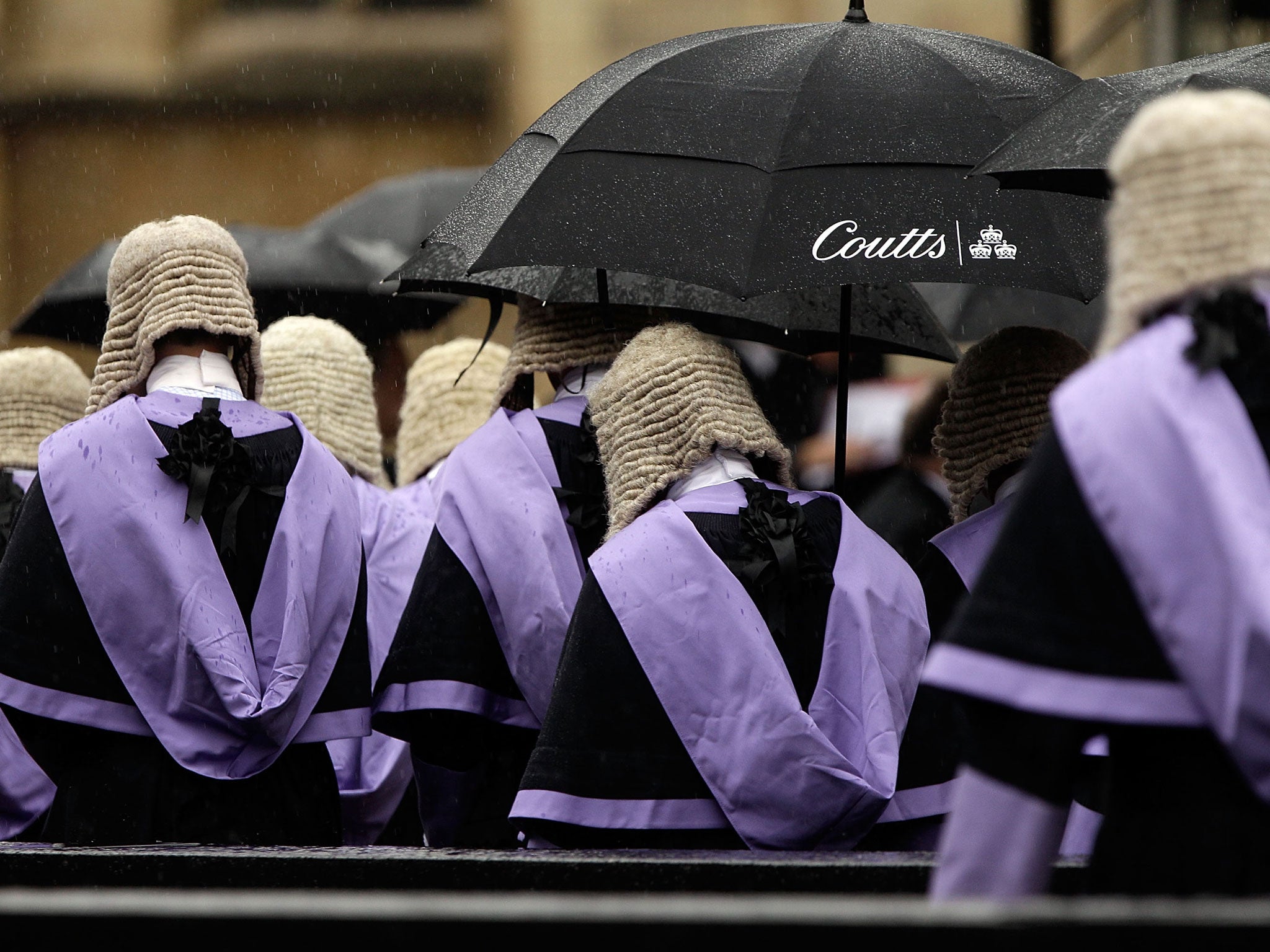Top judge calls for more Court of Protection cases to be made public
Mr Justice Charles wants to increase public understanding of care cases

A leading judge has called for more cases in the Court of Protection to be made public.
Mr Justice Charles, the Judge in Charge of the Court of Protection, said that he wanted to see more of its rulings put in the public domain.
The court, which makes decisions on behalf of those deemed mentally incapable of running their own affairs, has previously been accused of secrecy.
Speaking at the first conference of the Court of Protection Practitioners Association, Sir Charles also warned lawyers that new guidance will be published soon telling judges when and how to publish their rulings.
He said: “There is a need for judgements in the Court of Protection to be more readily available to the public at large, so they can understand - if they want to take the trouble to read them - the process and the care that is taken in reaching decisions on behalf of those who can't reach them for themselves.”
He added: “Soon there will be guidance from the president of the Court of Protection, James Munby, as to the publication of judgements of the court of protection in an anonymised form.”
The Independent has been campaigning for media access to the court since 2009.
The High Court judge said he wanted to see the judiciary ensuring that “more run of the mill” cases can be published and reported, so that the public better understands the court. He said: “It's easy enough to get the big cases out there, the ones that have the major issues. It is to my mind important that the more standard cases are also out there, so that representatives of the media and representatives of the public can, if they wish, see how regular decisions are made by the court of protection”
Speaking later to The Independent, he said: “The world is moving towards having greater access [to the court]. The really difficult part is how you report these sorts of cases. Responsible reporting, I'm of the view, needs to be encouraged He added: ”I have never totally understood why the local authorities don't want these cases reported because it would bring out all the difficulties that they have to face. Their argument is that their shoulders are broad enough and they would rather protect the families. But there hasn't been research into what damage [reporting] does.“
Justice Charles, who has been the Judge in Charge of the Court of Protection since 2011, said deciding cases often came down to weighing up a patient's conflicting emotional and physical needs. ”As a judge you have to consider physical safety and emotional safety because if you take granny away and she is cared for by people that don't love her, that's difficult emotionally and that has to be taken into account. I'd love these cases to be generally known.“
”There's a perception that you're just interfering and removing people from their families but that's so far from the case as to be laughable. It is a last resort.“
Sir Charles said he and other judges were frustrated with media headlines about the courts being 'secret'. ”I think I speak for all of judges of the Court of Protection when references to a secret court are made, they feel this is somewhat unfair and somewhat annoying“, he said, before acknowledging that more work does need to be done to open the courts up to scrutiny.
One of the reasons the court has been accused of secrecy is that if an agreement is reached and no formal judgement is made, no information about the case is put into the public domain. Mr Justice Charles said this was being addressed: ”Work is being done to see how the information can be given relating to decisions made that are not contested, so there will not be a judgement.“
Speaking to the legal audience at the conference, he urged them to help judges put more cases in the public domain: ”I would invite those of you here today to think about this and draw it to the attention of the judges as to what other judgements they deliver should actually be made available in an anonymised form.“
Join our commenting forum
Join thought-provoking conversations, follow other Independent readers and see their replies
Comments